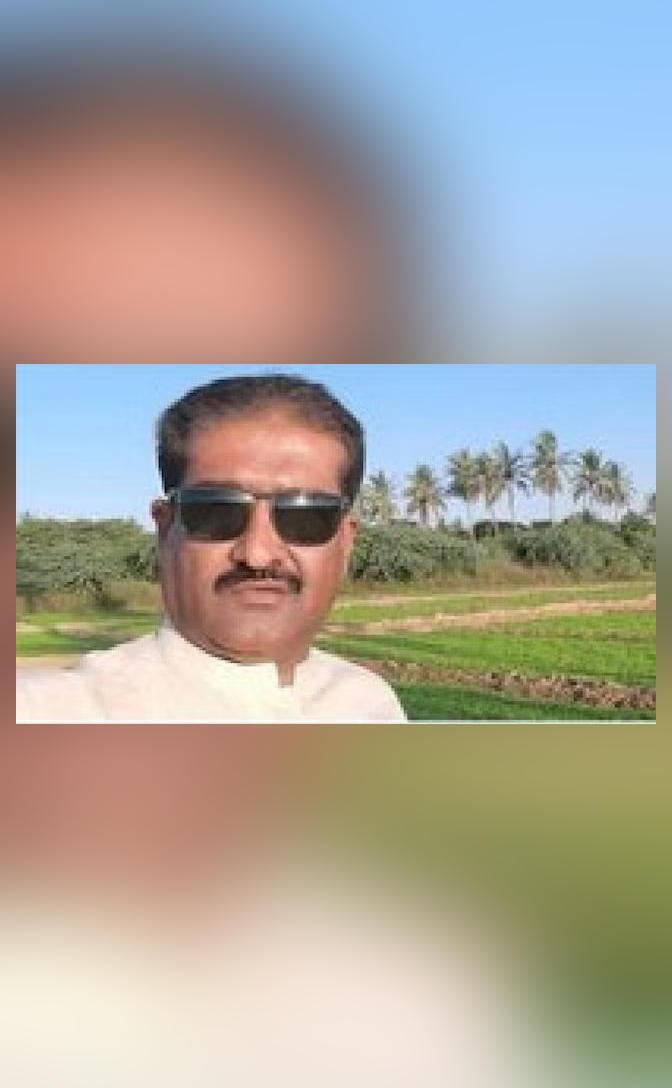
Baloch Journalist Killed by Pak Army-Linked Militants: Reports
The tragic news of another journalist falling to the bullets of extremists in Pakistan’s Balochistan province has sent shockwaves across the world. Awaran district, a region known for its conflict-ridden history, has witnessed yet another heinous crime, as a journalist from the Baloch community, Abdul Latif, was shot dead in broad daylight. According to reports, the deceased was killed by militants linked to the Pakistan army, in front of his wife and children.
The gruesome incident occurred on Saturday, leaving the journalist’s family and loved ones in a state of utter despair. Latif, a fearless journalist, was known for his reports on enforced disappearances, military excesses, and civil resistance in Balochistan. His work was a testament to his dedication to uncovering the truth, no matter the cost.
The Balochistan province, which shares borders with Iran and Afghanistan, has been embroiled in a low-intensity conflict for years. The region has seen numerous instances of human rights abuses, enforced disappearances, and targeted killings. The absence of a strong, independent media in the region has made it difficult for the world to know the extent of the suffering.
Abdul Latif’s killing is a stark reminder of the dangers faced by journalists in Pakistan, particularly those who report on sensitive topics. His work was a beacon of hope for the people of Balochistan, who have long been silenced by the oppressive forces that govern the region.
Latif’s murder is not an isolated incident. In recent years, several journalists have been killed or threatened in Pakistan, often for reporting on stories that are deemed sensitive or critical of the government or military. The lack of accountability and the absence of a robust justice system have created a culture of impunity, allowing perpetrators to go scot-free.
The Pakistan army, which has been accused of human rights abuses in Balochistan, has been linked to several instances of journalist killings and intimidation. The military’s involvement in the region’s politics and economy has created a culture of fear, making it difficult for journalists to report on the truth without fear of reprisal.
The killing of Abdul Latif is a stark reminder of the need for international pressure on Pakistan to ensure the safety of its journalists. The country’s media landscape is already under threat, with many journalists forced to self-censor their reporting or flee the country to escape persecution.
The Balochistan province, in particular, requires immediate attention. The region’s journalists are some of the most vulnerable in the country, and their killing is a stark reminder of the need for international intervention. The United Nations, human rights organizations, and other international bodies must take concrete steps to address the crisis in Balochistan and ensure the safety of its journalists.
As the world mourns the loss of Abdul Latif, it is essential to remember the sacrifices made by journalists like him. Their bravery and commitment to truth-telling are a reminder that even in the face of overwhelming danger, they continue to report on the stories that need to be told.
Abdul Latif’s killing is a wake-up call for the international community to take action and ensure that the voiceless are heard. The people of Balochistan deserve to know the truth about the crimes committed against them, and it is the responsibility of journalists like Latif to report on these stories.
As we bid farewell to Abdul Latif, we remember his bravery and commitment to the truth. His killing is a stark reminder of the dangers faced by journalists in Pakistan, particularly in Balochistan. It is our responsibility to ensure that his sacrifice is not in vain and that the international community takes concrete steps to protect the rights of journalists in Pakistan.



